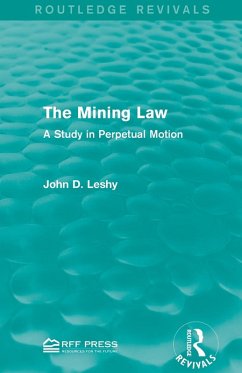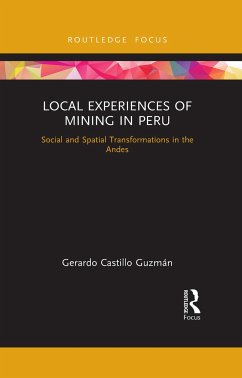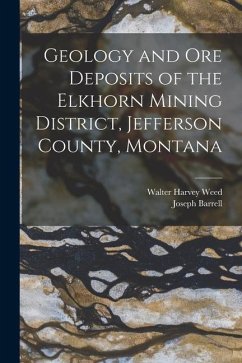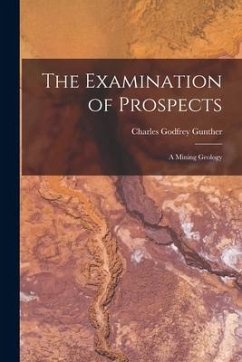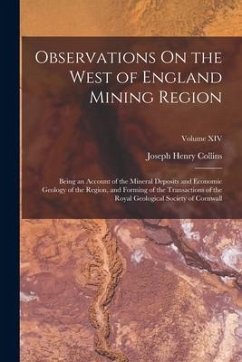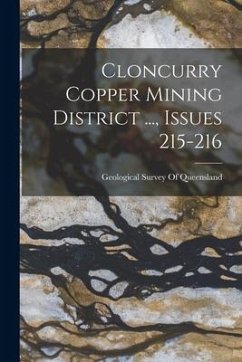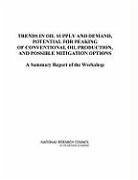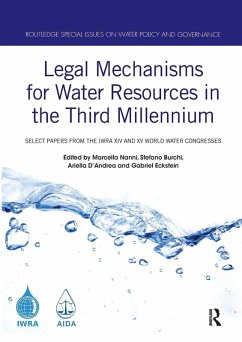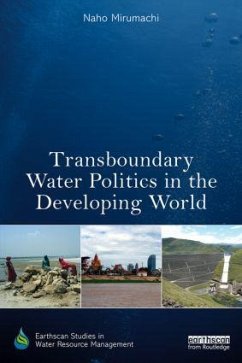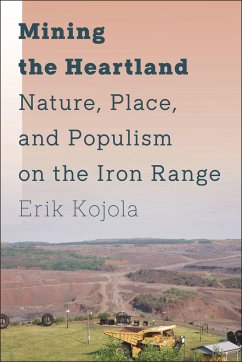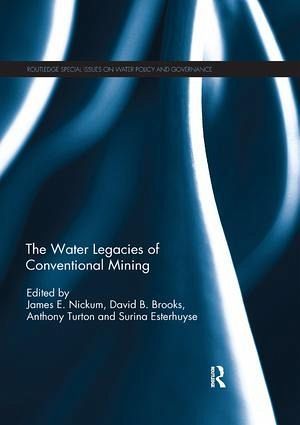
The Water Legacies of Conventional Mining

PAYBACK Punkte
30 °P sammeln!
The impact of mining is too big to ignore in a world of oversubscribed water. This is true of conventional mining as much as - or even more than - hydraulic fracturing (fracking). The legacy issues of such mining on water have not been fully appreciated, especially the irretrievable effects mining has had on communities and ecosystems around the world through its impact on water. Yet this is not an 'us-or-them' problem: the wealth, influence and technical knowledge of mining interests can and must be part of the solution. All of the contributions to this volume either consider the deficiencies...
The impact of mining is too big to ignore in a world of oversubscribed water. This is true of conventional mining as much as - or even more than - hydraulic fracturing (fracking). The legacy issues of such mining on water have not been fully appreciated, especially the irretrievable effects mining has had on communities and ecosystems around the world through its impact on water. Yet this is not an 'us-or-them' problem: the wealth, influence and technical knowledge of mining interests can and must be part of the solution. All of the contributions to this volume either consider the deficiencies of existing governance structures and the need for better ones, or explore the use of new techniques to identify and evaluate social and environmental impacts. The chapters in this book were originally published in the journal Water International.





